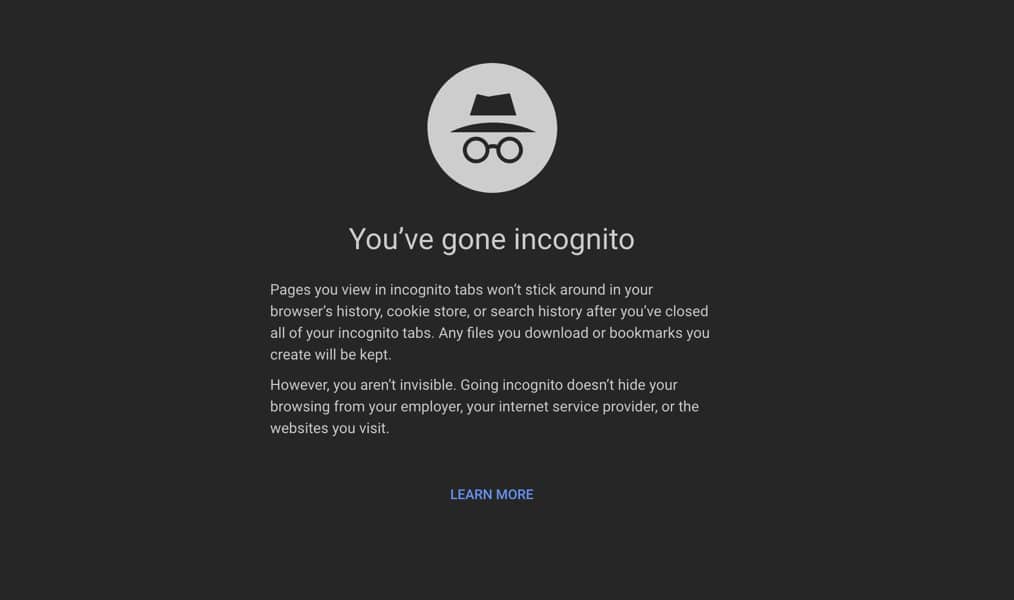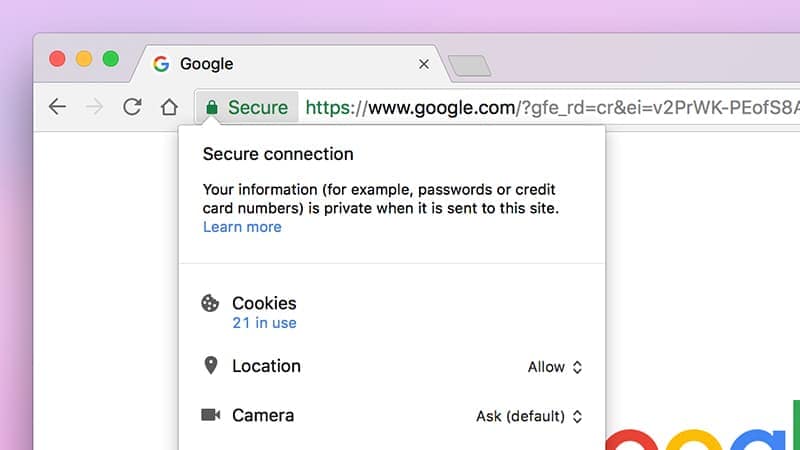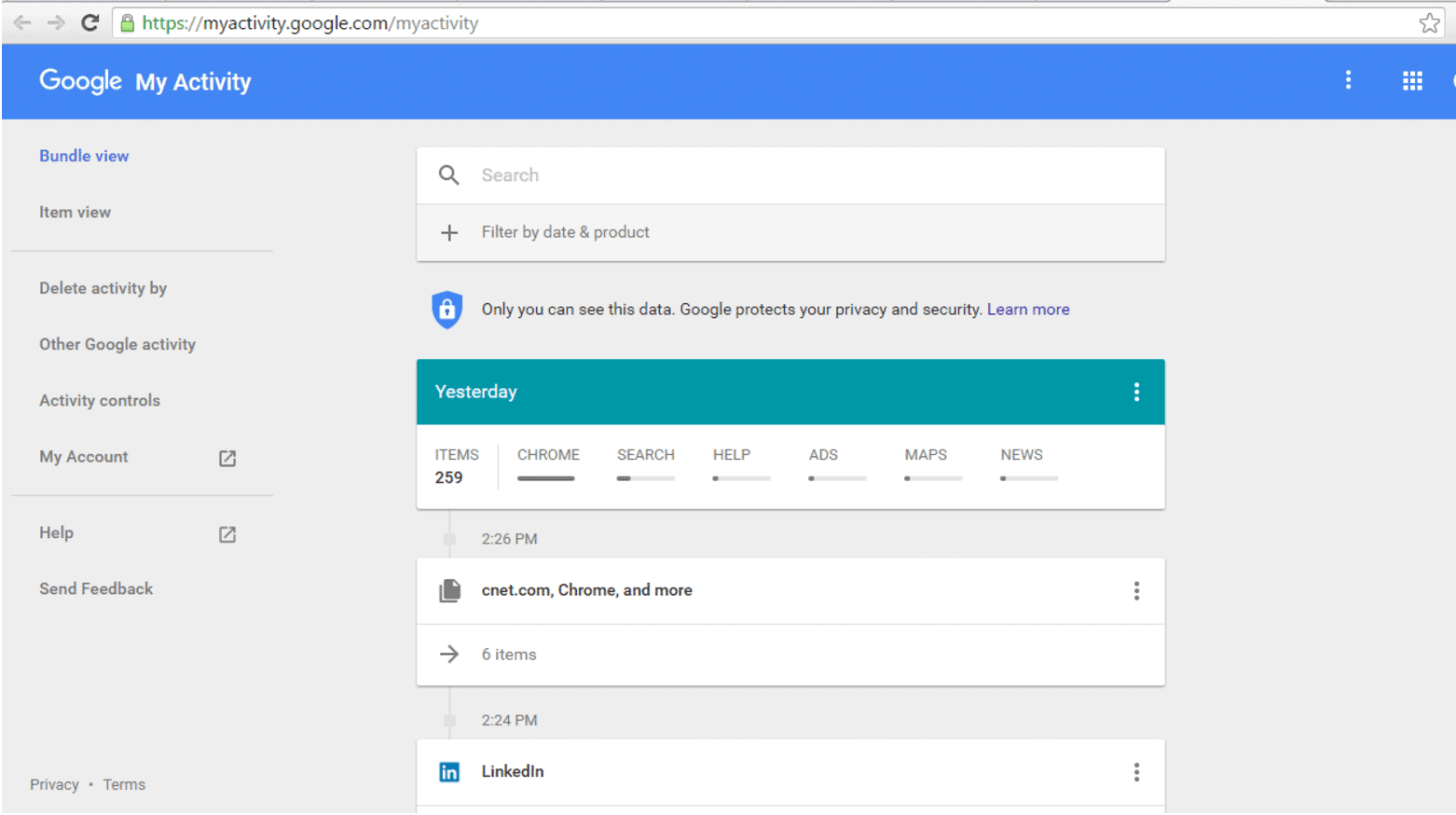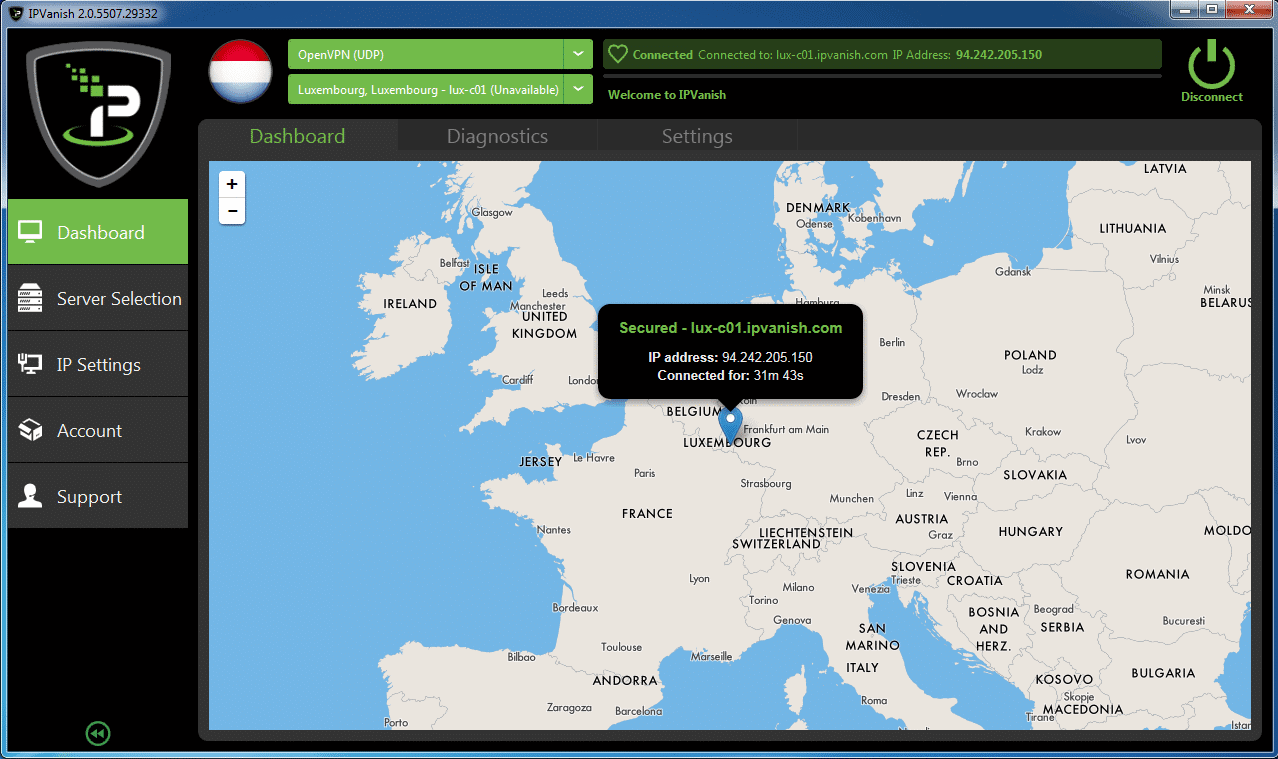How to hide your internet browsing history – the complete guide
Here are some efficient ways which you can adopt to avoid your browsing history from being infiltrated.

Just a heads up, if you buy something through our links, we may get a small share of the sale. It’s one of the ways we keep the lights on here. Click here for more.
In this era of mass surveillance and ISP monitoring, the requirement of an ultimate solution that would help the Netizens to hide their browsing history has spiked at a remarkable rate.
Many Netizens these days have security and privacy concerns; they do not want any other person interfering in their personal lives by gaining insights into their browsing history. There may be some other reasons as well like riddance from meddlesome ads and much more.
The ISPs have been empowered to not just track our browsing history but also to sell our precious information and make dollars out of it. This is the reason many concerns have been raised to find the ultimate solution to hide browsing history.
Following are some efficient ways which you can adopt to avoid your browsing history from being infiltrated.
Use Incognito Mode

Your browser history gets stored automatically when you are using a computer either at a public café or if it is shared by others. So to avoid this you must activate the browser’s Incognito mode, which is the browser’s privacy mode, before surfing the Internet.
The third party cookies which track down your online activities get blocked once you switch to Incognito mode. Along with it, the first party cookies that the site keeps in order to ascertain your presence of that specific website are also wiped clean when you leave the site. As a result, your digital trail is wiped off.
What you have to do is simply select Private or Incognito Mode from the browser’s toolbar.
Delete the cookies

Super cookies or Flash cookies are another big threat to your online privacy and security. Therefore the removal of third party cookies is not just enough as you have to remove these super cookies as well otherwise there remain a great danger that those deleted third party cookies could be reproduced.
Websites that run Flash Player are mostly those that have some kind of video stuff running on them and they are the ones that keep the Flash cookies. These cookies have the capability to retain a great amount of data and thus can keep your browsing history under their control.
However, there exist a simple way to remove these super cookies, that is by downloading CCleaner. You should also stay high on alert as you can be signed-in many times by a website using third party cookies to track tour activity among the sites.
Confine Browser from Sending Location Details

The browser is capable of locating your presence wherever you may be and transferring that particular information to the site that you have visited. This data is however kept by the browser to give you better search results so that you can benefit from it. Furthermore, this data, once given to advertisers and marketing firms, can be used for the betterment of their services. But we cannot be 100% sure to whom our data is being transferred.
Therefore, to avoid such a situation you can make simply reject the location request asked by the browser when you are about to visit a site. In order to remove these requests permanently, you can follow these steps:
- Chrome – Go to Preferences -> Settings -> Advanced -> Content settings -> Select Disallow to permanently remove the location requests.
- Safari – Preferences -> Privacy -> Select Disable Location Services.
- Firefox – Type about:config in the URL bar and after that geo.enabled. To permanently avoid the repeated requests by Firewall for sending the location to the sites you visit, you may double click to disable location completely.
- Microsoft Edge – Go to main Computer Settings -> Privacy -> Location. Now turn off Microsoft Edge there.
Search with Anonymity

Many search engines like Google, is always burdened with a lot of traffic. The results projected by Google differentiate from person to person and this depends upon the user’s previous data. It might seem quite useful as you get your desired search results but on the other hand, it also keeps us away from other web pages that are liable to contain a great amount of useful information regarding that particular topic.
To restrict Google from doing so you can go to Access Search Tools -> Results -> Select Verbatim tool.
Another efficient way from preventing your online activity being disposed of is to switch to a private search engine such as DuckDuckGo. The ads also get blocked once you switch to a private browsing.
Avoid Google Tracking

Google offers you many one-click browsing folders like calendar, Gmail, Google browser, Google drive etc, which you can easily access to get the desired content at an ultra fast speed. But it is not quite beneficial for us, as Google can record your browsing history and monitor your online activities via your emails, browsing activities etc. which gives it creates favorable circumstances to project personalized results.
This way interrupting ads can be averted. However, if you wish to avoid this personalization of advertisement then you can get out of the “shared endorsement” in Ads simply by turning off Ad Personalization. This will not completely restrict you from getting ads but the personalized ones will, however, be blocked which you were receiving before because of your browsing history. Download Google Analytic Browser add-on in order to restrict Google keeping your browser history and monitoring your online activities and also stop Google from creating an Ad profile.
Prevent Yourself from Social Site Tracking

Our social identity can help others gain an insight into our daily lives as the social websites, these days, have more than enough of our sensitive information stored on them, Social websites such as Facebook, Twitter, LinkedIn and many others follow our activities even if we have logged out. This is done by the Share and Like button, you hit during your online activities on the renowned Facebook and Twitter.
So even if you confine yourselves from sharing any content then still same ads might continue to pop up due to this background process having such like and share options. The social website might transfer this information to advertisers so that they can continue to project ads.
For mobile ads there exists a tracker alternative in Facebook, namely Conversion Pixel that is used by an advertiser to calculate the number of sales and visits that he receives on his advertisement websites. Facebook receive this information even if the advertisement site contains a Facebook button or not.
In order to avoid personalize ads on social networking sites, you can follow these steps:
- For Facebook – Go to Facebook Settings -> Ads -> Ads based on my use of websites and apps -> Edit -> Choose Settings -> Off.
- For Twitter – Access Settings -> Security and Privacy -> Uncheck the box for “Tailor Ads”.
- For LinkedIn – Go to Privacy and Settings -> Accounts -> Managing Advertising Preferences.
By opting for the above measures you can stop personalized ads from appearing but your online activity will still be tracked for security purposes.
Prevent Tracking
Almost all the websites on the Internet tracks you and keeps a record of your browsing history. They can do so by using ads, comments section, cookies and sponsored links etc. Many advertising companies which belong to an Ad network place cookies to get the online data when someone visits the site where that Ad network has access.
The advertisers draw out the Netizens preferences and interests from this browsing history and share it with the employees of that Ad network so as to amplify their services. In order to prevent such activities, you can change the browser Privacy Settings and turn on the Do Not Track feature.
Stop Tracking Activity by Ad Blocker Plug-ins
Once you have opted out, you are still not sure that your online activity is being monitored or not. This is the reason why many sites do not provide these requests. You can block the site tracking feature by downloading anti-tracking plug-ins like Privacy Badger and Ghostery which can prevent ads by blocking cookies which prevent advertisers from building your profile which would be based on your online activities.
Use VPN

A VPN – Virtual Private Network – provides you with ironclad security and military-grade encryption protocols. It also offers anonymity by masking your real IP address so that it becomes impossible for trackers and ISPs to track your original location.
This seems to be the ultimate solution to hide your browser history from ISPs and various third-parties. A VPN also unblocks geo-restriction and censorship and helps you stream swiftly.
Use a Private Browser
In order to gain an excellent anonymous browsing experience, you can use a private browser which offers plug-ins and plug-ins etc. It can also prevent mass surveillance and mandatory data retention. The proxy can be turned on from the toolbar in the browser.
The private browser you opt for can be Chrome-based but it would be packed with a bundle of features and certain specialized settings that could stop the trackers as well as the ISPs from tracking your online activities and from storing your cookies. However, you will still remain prone to ads but they will not be able to track your activities online.
Epic Privacy Browser is an example of a private browser which you can download to prevent yourself from tracking.
Use Tor

Tor is a browser client that is capable of keeping your browsing history safe from the prying eyes of ISPs and other third-parties. A Tor browser will protect your identity by anonymizing it. It can distribute your Internet traffic over several relay nodes run by Tor volunteers globally this is how it becomes a tough job to locate your actual destination.
A Tor browser encrypts all your browsing activities by the major drawback is that it does not encrypt any other thing than the online activity on the Tor browser, such as it is unable to block your information from being monitored if it is being relayed through any other Internet-connected app. It can also pose you problems with browsing speed as it has to bounce your traffic over several nodes so it takes time in browsing.
Conclusion
With the implementation of the anti-privacy bill, ISPs have gained strong footholds to monitor our online activities and to keep a record of our browsing history. The mass surveillance by the government is also a great threat to the Netizens. But being the victims we just cannot let these organizations play with our browsing history.
We need to hide our browsing history and take charge in order to boost our online security and privacy. Fortunately, the above-mentioned tools and settings can help us keep our browsing history secure and let us enjoy the freedom over Internet without any fear.































